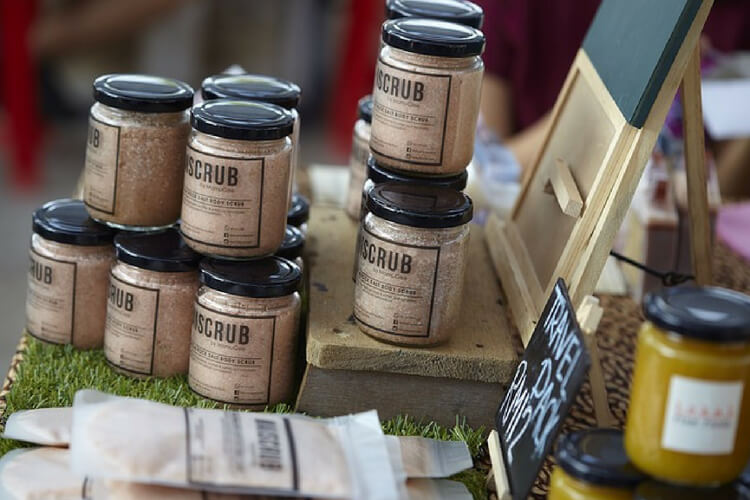
What is the Best Facial Exfoliator, Chemical or Physical?
Exfoliating is an important part of any good skincare routine to remove the buildup of dead skin cells but what is the best facial exfoliator for each skin type or are they a one size fits all type of product? There are so many different types out there to choose from so I wanted to dig down to find out exactly what the differences are and who they are suitable for.
A lot of people don’t realise that exfoliating can actually cause more harm than good if done too aggressively or with the wrong type of product that’s too harsh for your skin. Although it’s not the easiest of decisions with so many options out there, choosing the right one is of great importance and following the instructions for use is even more so. There are two different types of exfoliants to choose from, either physical exfoliants or chemical exfoliants.
What Are Physical Exfoliants
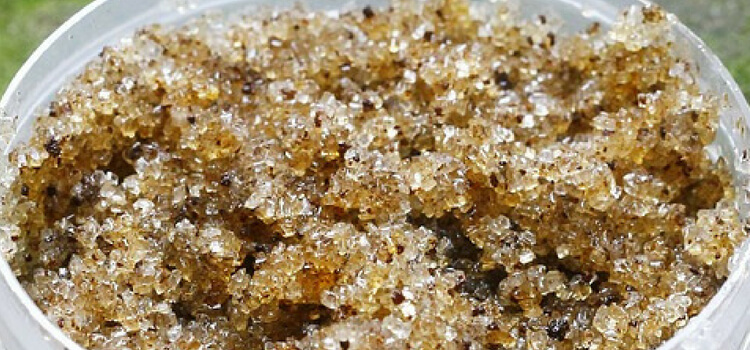
Physical exfoliation has been around for years and there is a huge selection of products available. Even a simple loofah or flannel can give you an exfoliating effect but the most common type of physical exfoliants are products that contain small grains that physically remove dead skin through gentle scrubbing.
This method of exfoliating may not be suitable for those who suffer from sensitive skin as it may prove too irritating. It’s also worth noting that the size of the grains vary between products but most agree that when it comes to the face, the smaller the grain, the better because exfoliants with larger grains are more likely to irritate the skin and cause tearing.
Being too aggressive is another common mistake that should be an absolute no-no as you’re likely to cause the same problems and increase the development of broken capillaries (those tiny little red veins under the skin). Many people scrub too vigorously in the belief that they are being more thorough but they’re actually doing more harm than good and leaving their skin raw and sensitive. Gentle is the best approach, regardless of what you’re using.
What Are Chemical Exfoliants
Chemical exfoliants are slightly different in that they contain acids that dissolve the dead skin rather than scrubbing it away and unlike physical exfoliants which are always rinsed away at the end, chemical exfoliants are often left on the skin much like a serum or moisturiser. Although the words chemical and acid may have you running for the hills, these types of exfoliants can actually be gentler than physical types.
Even those with sensitive skin may be able to use them although I would be very careful depending on the severity of the sensitivity. They are available in variable strengths so if you’re either new to chemical exfoliants or suffer from sensitive skin, it is probably best to test how your skin reacts with the lowest strength possible. There are two different types of chemical exfoliants, AHAs and BHA, both of which can smooth the skin and increase skin cell turnover. They are however best suited to different skin types.
What Are AHAs
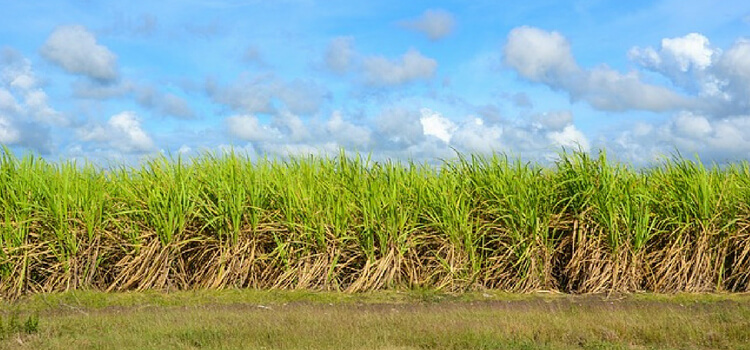
AHAs are Alpha Hydroxy Acids such as Glycolic acid or Lactic Acid and are water soluble. The can be either naturally occurring or synthetically made. These are best suited to those with dry, sun damaged skin as they exfoliate the uppermost layers of the skin. Well formulated AHAs can also help reduce the appearance of wrinkles, stimulate collagen production and improve skin discolouration.
Glycolic acid, in particular, is also said to be suitable for those with acne prone skin (even though BHA are the preferred choice). Its ability to clear dead cells from the skin is said to make it an effective acne-fighting ingredient because it helps to keep the pores clear and free from blockages.
What Is BHA
BHA is Beta Hydroxy Acid or salicylic acid and is oil soluble. It is best suited to those who have oily, acne prone skin because it can penetrate deeper into the skin to help clear dirt and sebum from deep within the pores. BHA is also antibacterial and anti-inflammatory which is another reason why it’s great for those suffering from acne although it can be drying hence its suitability for those with oily skin.
Just like AHAs, BHA can also help with the appearance of wrinkles, collagen production, and skin discolouration. It is worth noting that AHAs and BHA can cause increased sensitivity to the sun so if you do decide to use one, make sure you apply plenty of sunscreen afterward. And as they both come in different strengths, you may want to experiment to see how your skin reacts to the different levels.
How Often Should You Exfoliate
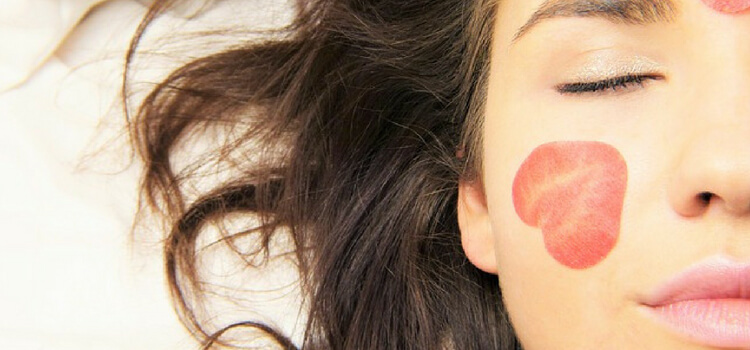
Well, it really depends on the product you’re using because there are many different exfoliants out there that can be applied from anywhere between once or twice a week to daily, however, this will be clearly stated on the label so always read and follow the directions carefully.
If you are using a product that should only be used once or twice a week, do not use it any more than that or it may cause you skin irritation. Even if you opt for a gentle daily exfoliant, your skin may not tolerate it so keep an eye on your skin, It will tell you if you’re overdoing it.
Let Your Skin Tell You What It Likes
Most people are fully aware of what their skin type is and can use that judgment to decide what type of exfoliant their skin can handle. For the most part, chemical exfoliants seem to come out on top as the preferred option for a lot of people because they’re mostly gentler and there’s less risk of tear damage to the skin.
However, some people have reactions to the acids used in AHAs and BHA so do watch for any irritation if you start using one. I currently use a twice-weekly physical exfoliant but I have just invested in an AHA (my skin is on the dryer side) which I will be trying out very shortly so I will post my results and thoughts in the near future.
If you’ve had any good or bad experiences with different exfoliants, please do tell me all about it, I’d be interested to hear your stories or if you’d like to share any other thoughts or opinions on the subject, please feel free to leave a comment below.



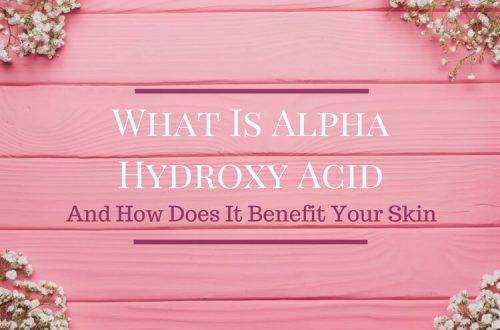
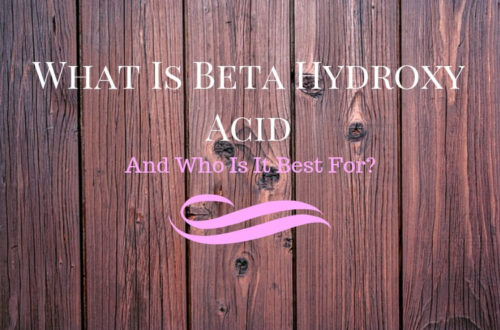
4 Comments
renan
Hi Jessie,
My wife has very delicate skin to the point that she can not be exposed to the sun, yet has no problem to determine what is the best facial exfoliator.
Do you think if I can give her one of those electric silicon exfoliators? or do you think it would be very dangerous for her skin?
renan
Jessie
Hi Renan
It sounds to me like that’s something she may need to speak to a professional about. If it’s a medical or skin condition that prevents her from being out in the sun then she probably needs to be very careful with anything she puts on her skin. I would suggest that she checks with a medical or skincare professional first before trying anything new. It’s better to be safe than sorry.
jschicanha
Wonderful information,i have been looking for the facial cream that can build up the skin care of my wife,she have been suffering of the skin problem with pimples and dead cells,so maybe these type of scrub will help her.I will bookmark your webpage for easy access.
I will be waiting for your update to update me.
Best wishes
Jose
Jessie
Thanks jschicanha, I’m glad you found it helpful.